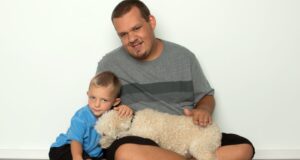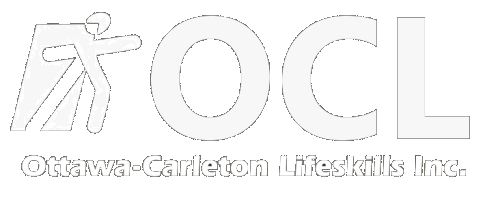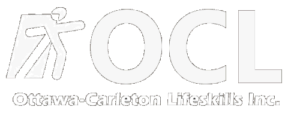What Are Life Skills for Adults With Developmental Disabilities?
Life skills help adults with developmental disabilities just like they help kids in elementary school, Ph.D. students, political candidates, and retirees of all skill levels. Life skills are good for everyone.
Cooking
Cooking is often a part of life skills training for adults with developmental disabilities. If you can’t cook for yourself, you usually get less nutrition, have fewer food options, and depend on others to feed you. However, adults with developmental disabilities should have more ways to get food than just heating a frozen meal or going out to eat.
When learning to cook, you should focus on getting comfortable in a few basic areas and learning the kitchen. Some ways to do this are learning to measure ingredients, using knives safely, telling when food is “done,” and following recipes.
How do you teach people the basics of cooking as part of teaching them life skills? A great way to start is with step-by-step cooking instructions which help you succeed in the kitchen little by little and give you a good feeling about cooking.
For instance, you can start by showing them how to cook. This way, someone can watch what you’re doing without worrying about messing up their food; it might also get them interested in how you cook.
You can practice hand-over-hand to show the person how to use a knife or measure ingredients safely. This way, you can show them how to cook without actually telling them they are doing something wrong.
Lastly, giving them the responsibility for reading the recipe and ensuring directions are followed in the right order are good ways to teach them how to cook on their own. Learning basic cooking skills is a great way to learn how to cook anything. By teaching cooking skills in this way, you will give them the basic encouragement and confidence to try any recipe they want.
Reading
Developing reading abilities is far more essential than just being able to appreciate a nice book in one’s spare time. If the curriculum for life skills education treats reading as a mere scholastic standard, adults with intellectual disabilities will be affected.
Adults with intellectual disabilities must have competent reading skills; otherwise, they risk missing out on many opportunities. For instance, it is difficult to follow a supper recipe if you cannot read. Similarly, filling out an application, navigating signs, and determining item pricing without reading abilities become impossible.
Reading is as much about word recognition as it is about comprehending the flow, so reading aloud to a pupil will aid in both literacy and technical practice.
Health and Fitness
Weight management and eating vegetables instead of chicken fingers aren’t enough for a healthy lifestyle. Active and healthy eating helps one feel good, provides energy, and sharpens thinking. Life skills education for persons with developmental disabilities is efficient to teach an appropriate diet but lacks person-centred solutions.
The educator or caregiver must support the disabled person’s healthy lifestyle. Example: Asking someone to go to the gym might be ineffective; they may go, but they won’t be confident enough to succeed.
Better yet, join them. Play basketball, swim, walk a mile or do push-ups. If you don’t model a healthy lifestyle, they won’t either.
Social Interaction
 Developmentally disabled individuals have more virtual than actual connections. Once public schooling finishes, a person with a developmental disability will have fewer friends. Most of this demographic will depend on the internet to interact.
Developmentally disabled individuals have more virtual than actual connections. Once public schooling finishes, a person with a developmental disability will have fewer friends. Most of this demographic will depend on the internet to interact.
This can cause interpersonal skills to regress, and the individual may lack the confidence to create in-person interactions. Community participation helps enhance social skills and opens doors to relationships and jobs. Adults with developmental disabilities need more chances for real-world interactions.
Relaxation
High-level skills include emotional management and stress management. Relaxation is one of the hardest skills to teach a developmentally disabled adult.
Changing behaviours takes time. You can start by teaching adults with developmental disabilities how to breathe in a relaxed way as a stress reaction, but they must also learn how to regulate their emotions in a crisis.
Adults with developmental disabilities should learn practical coping methods and emotional management. Losing an opportunity because you can’t control your emotions is unfortunate for those given few chances.
Please call us in Ottawa at (613) 254-9400 or visit us online for more information about OCL’s Lifeskills programs for adults with developmental disabilities.


